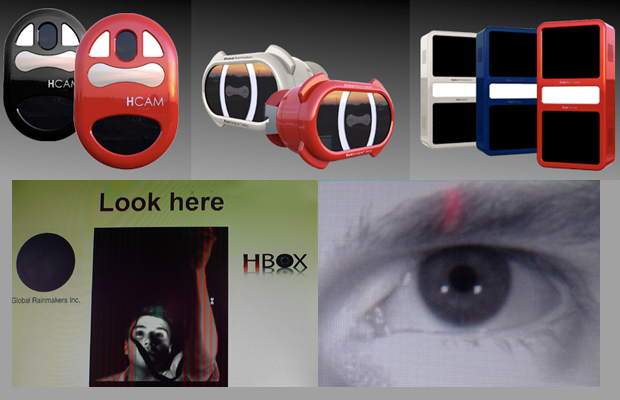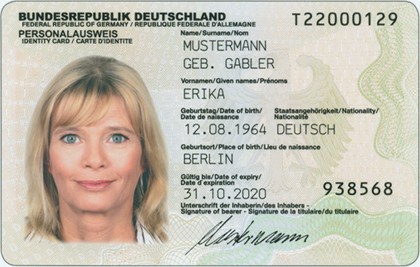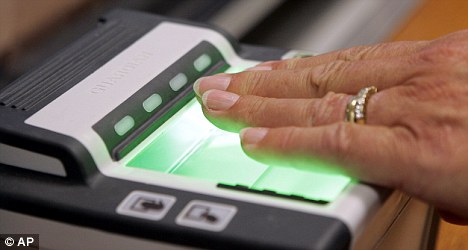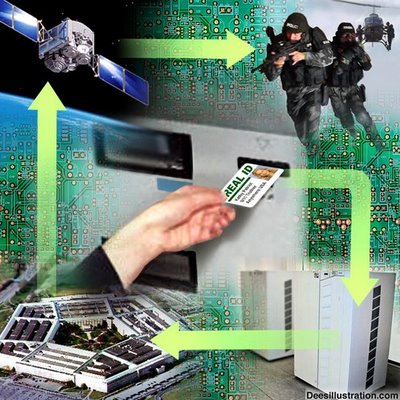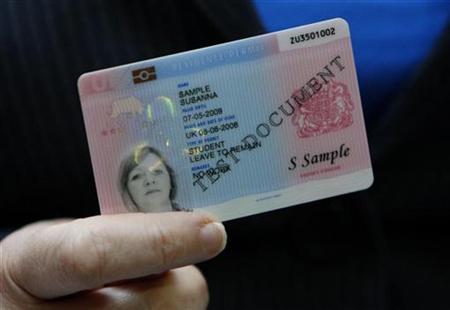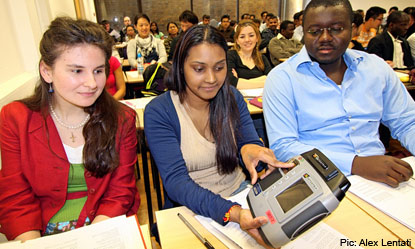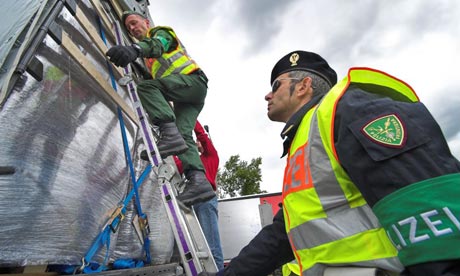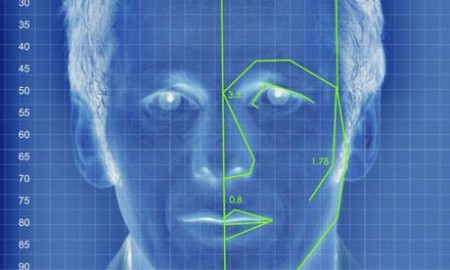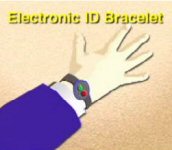Legislation to Establish Internment Camps on US Military Bases
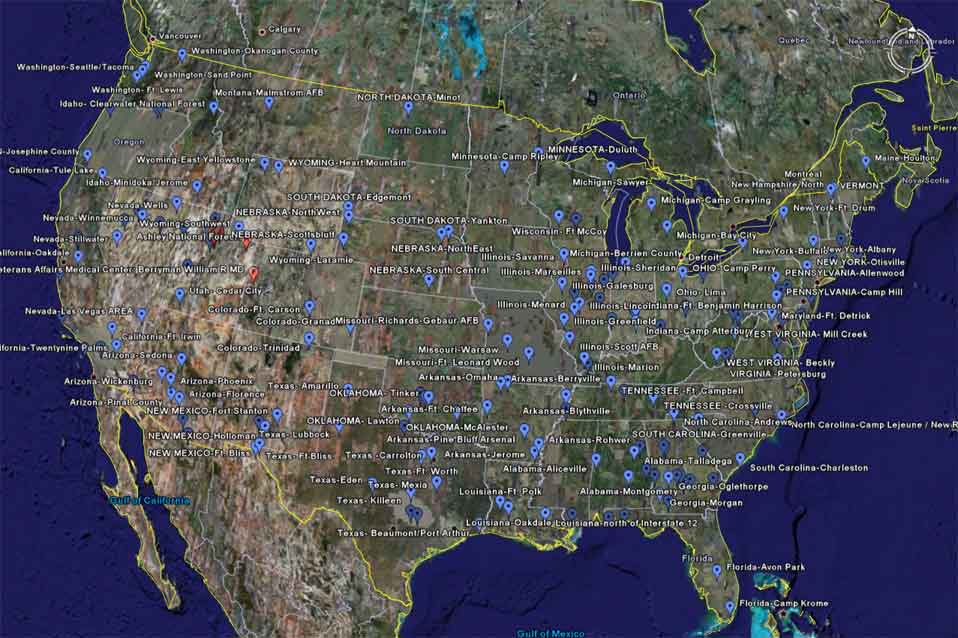
FEMA Camps Courtesy of Google Earth (Click on image to enlarge.)
The Economic and Social Crisis
The financial meltdown has unleashed a latent and emergent social crisis across the United States.
What is at stake is the fraudulent confiscation of lifelong savings and pension funds, the appropriation of tax revenues to finance the trillion dollar “bank bailouts”, which ultimately serve to line the pockets of the richest people in America.
This economic crisis is in large part the result of financial manipulation and outright fraud to the detriment of entire populations, leading to a renewed wave of corporate bankruptcies, mass unemployment and poverty.
The criminalization of the global financial system, characterized by a “Shadow Banking” network has resulted in the centralization of bank power and an unprecedented concentration of private wealth.
Obama’s “economic stimulus” package and budget proposals contribute to a further process of concentration and centralization of bank power, the cumulative effects of which will eventually resul in large scale corporate, bankruptcies, a new wave of foreclosures not to mention fiscal collapse and the downfall of State social programs. (For further details see Michel Chossudovsky, America’s Fiscal Collapse, Global Research, March 2, 2009).
The cumulative decline of real economic activity backlashes on employment and wages, which in turn leads to a collapse in purchaisng power. The proposed “solution” under the Obama administration contributes to exacerbating rather than alleviating social inequalities and the process of wealth concentration.
The Protest Movement
When people across America, whose lives have been shattered and destroyed, come to realize the true face of the global “free market” system, the legitimacy of Wall Street, the Federal Reserve and the US administration will be challenged.
A latent protest movement directed against the seat of economic and political power is unfolding.
How this process will occur is hard to predict. All sectors of American society are potentially affected: wage earners, small, medium and even large businesses, farmers, professionals, federal, State and municipal employees, students, teachers, health workers, and unemployed. Protests will initially emerge from these various sectors. There is, however, at this stage, no organized national resistance movement directed against the administration’s economic and financial agenda.
Obama’s populist rhetoric conceals the true nature of macro-economic policy. Acting on behalf of Wall Street, the administration’s economic package, which includes close to a trillion dollar “aid” package for the financial services industry, coupled with massive austerity measures, contributes to precipitating America into a bottomless crisis.
“Orwellian Solution” to the Great Depression: Curbing Civil Unrest
At this particular juncture, there is no economic recovery program in sight. The Washington-Wall Street consensus prevails. There are no policies, no alternatives formulated from within the political and economic system. .
What is the way out? How will the US government face an impending social catastrophe?
The solution is to curb social unrest. The chosen avenue, inherited from the outgoing Bush administration is the reinforcement of the Homeland Security apparatus and the militarization of civilian State institutions.
The outgoing administration has laid the groundwork. Various pieces of “anti-terrorist” legislation (including the Patriot Acts) and presidential directives have been put in place since 2001, largely using the pretext of the “Global War on Terrorism.”
Homeland Security’s Internment Camps
Directly related to the issue of curbing social unrest, cohesive system of detention camps is also envisaged, under the jurisdiction of the Department of Homeland Security and the Pentagon.
A bill entitled the National Emergency Centers Establishment Act (HR 645) was introduced in the US Congress in January. It calls for the establishment of six national emergency centers in major regions in the US to be located on existing military installations. http://www.govtrack.us/congress/billtext.xpd?bill=h111-645
The stated purpose of the “national emergency centers” is to provide “temporary housing, medical, and humanitarian assistance to individuals and families dislocated due to an emergency or major disaster.” In actuality, what we are dealing with are FEMA internment camps. HR 645 states that the camps can be used to “meet other appropriate needs, as determined by the Secretary of Homeland Security.”
There has been virtually no press coverage of HR 645.
These “civilian facilities” on US military bases are to be established in cooperation with the US Military. Modeled on Guantanamo, what we are dealing with is the militarization of FEMA internment facilities.
Once a person is arrested and interned in a FEMA camp located on a military base, that person would in all likelihood, under a national emergency, fall under the de facto jurisdiction of the Military: civilian justice and law enforcement including habeas corpus would no longer apply.
HR 645 bears a direct relationship to the economic crisis and the likelihood of mass protests across America. It constitutes a further move to militarize civilian law enforcement, repealing the Posse Comitatus Act.
In the words of Rep. Ron Paul:
“…the fusion centers, militarized police, surveillance cameras and a domestic military command is not enough… Even though we know that detention facilities are already in place, they now want to legalize the construction of FEMA camps on military installations using the ever popular excuse that the facilities are for the purposes of a national emergency. With the phony debt-based economy getting worse and worse by the day, the possibility of civil unrest is becoming a greater threat to the establishment. One need only look at Iceland, Greece and other nations for what might happen in the United States next.” (Daily Paul, September 2008, emphasis added)
The proposed internment camps should be seen in relation to the broader process of militarization of civilian institutions. The construction of internment camps predates the introduction of HR 645 (Establishment of Emergency Centers) in January 2009. There are, according to various (unconfirmed) reports, some 800 FEMA prison camps in different regions of the U.S. Moreover, since the 1980s, the US military has developed “tactics, techniques and procedures” to suppress civilian dissent, to be used in the eventuality of mass protests (United States Army Field Manual 19-15 under Operation Garden Plot, entitled “Civil Disturbances” was issued in 1985)
Read moreUS Government Preparing For Civil Unrest In America
